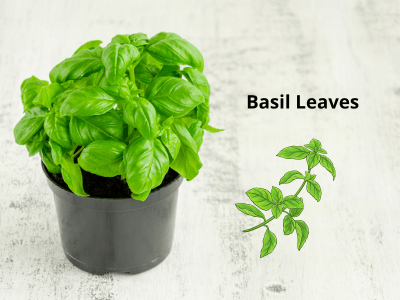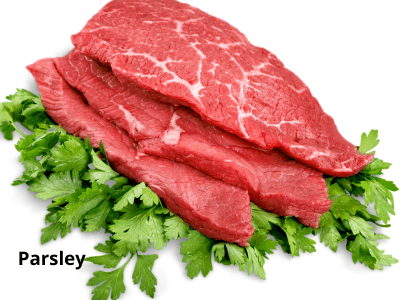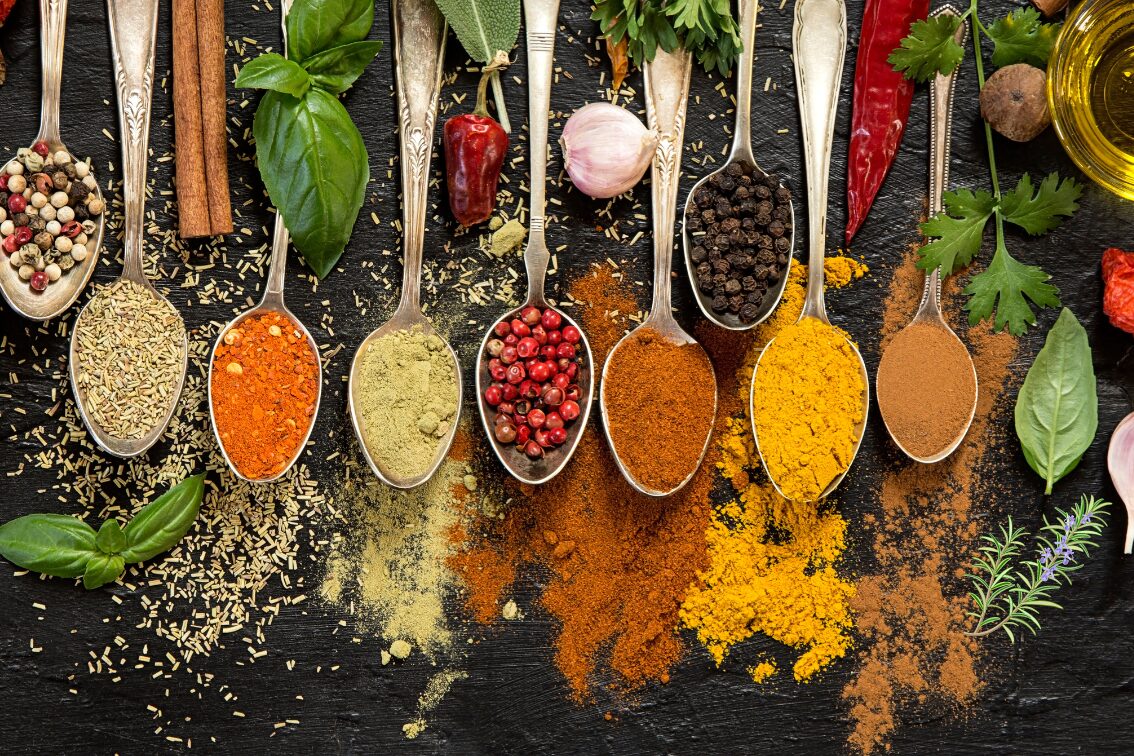Growing Herbs: A Guide for Beginners
Here is a guide for growing herbs for beginners at home in their kitchen garden or backyard without having any prior knowledge. Growing herbs in your kitchen garden or backyard is gaining popularity. You can easily harvest herbs at home, even if you are not an experienced gardener.
Everybody wants to enhance the taste of homemade food by adding different types of seasoning available from store. But there is another option too. What is that? Grow your own herbs in your backyard garden. Even if you are a novice, you can easily follow our guidelines.
Just imagine stepping outside, and picking fresh basil for your pasta, or snipping a few sprigs of rosemary to add to your roast chicken. You can enhance the flavor and taste of your meal by applying a variety of herbs. They are healthy too.

If you grow herbs at your home, you can always cook with fresh ingredients available in your garden. They have many natural health benefits. Truly, there are endless options for the applications of herbs.
Even you’re just a beginner to gardening, this easy to follow guide is perfect for you. Growing herbs is simple. It requires minimal care. You can grow them almost anywhere, from a sunny windowsill to a small spot in your backyard. With a bit of effort, you’ll enjoy fresh and flavorful herbs all year round.
So, let’s jump in and see how you can start your own herb garden. Trust me, once you get a taste of those fresh herbs, you’ll wonder why you didn’t start growing them sooner!
Choosing the Right Herbs to Grow Indoor
Start growing some herbs that you use in your daily meals regularly. I remember when I first planted basil and rosemary in small pots on my kitchen windowsill. It was such a joy to pluck fresh leaves and add them to my pasta and morning tea. The flavors were amazing, and I felt like a pro chef right in my own kitchen! There are some easy-to-grow options that are perfect for you as a novice gardener:
Tips for Growing Basil at home
Want to add some flavor to your soup, salad, and Pasta dishes? Add basil to it. It is one of the favorite herbs that find place in many cuisines throughout the world. In some Indonesian, Thai, and Vietnamese cuisines, basil is an important ingredient and you cannot cook without it.

It has a sweet, strong and spicy flavor which enhance the taste of the dishes. Basil grows in hot weather and needs regular watering. There are some easy-to-follow rules for harvesting your own fresh basil at your kitchen garden during summer.
Basic things to consider for Cultivation of Parsley
Spring and autumn are the ideal seasons for parsley growth as it flourishes in cooler temperatures. First, get the soil ready by mixing in some compost and fertilizer. Then see whether the pot has a good drainage system to prevent water retention. Add parsley to your soups and salads. This is great to enhance their flavor instantly. Regular consumption of fresh raw parsley can help improve overall health.

Mint, another home grown Herb
This herb flourishes in moderate weather conditions. It doesn’t require direct exposure to the sun and prospers in damp, well-aerated soil. Mint gives a sweet and cool effect on your tongue when added to any dish. Enhance the taste of your beverages and sweets by incorporating it.
Rosemary, a popular herb that can grow indoor
Rosemary loves a warm, sunny spot and is very easy to maintain. It’s perfect for growing in a pot . You need only a small space to harvest rosemary, making your kitchen garden ideal for it.

Adding rosemary to your dishes, such as soups, green salads, and stews, can enhance the flavor. Try sprinkling some rosemary on your dishes to give them a flavor boost. For a delightful twist, you can also infuse your drinks with rosemary by simply adding a few sprigs.
Thyme
Thyme has a flavor similar to oregano, another popular herb.. Add equal quantities of oregano and thyme to soups, chicken broth, and stews to make them delicious. You can even toss some into your morning tea for a refreshing kick to start your day. To get it fresh, you can grow the herb in your kitchen garden. Keep your pot in a place where it can get adequate sunlight. A pot with a good drainage system will be enough for this herb.
Chives
Chives usually grow well in a mild climate, though they can also adjust to other temperatures. This herb requires moist soil and fertilizer to grow well. Small pots with drainage holes are ideal. Chives have a mild onion flavor.
Factors to be Considered for Herbs to Grow at Home
When choosing herbs to grow, there are several factors to consider.
First, think about the culinary use of the herbs – focus on cultivating those that you use most frequently in cooking.
The next important step is to check if your local climate is right for growing them. Some herbs grow well in warm, and sunny conditions, while others prefer a cooler or shadier environments.
Space is another important factor to consider. Certain herbs, like mint, require plenty of space to grow, while others, like basil and parsley, do well in small containers. Be mindful of the sunlight requirements of the herbs you choose, as some need full sun, while others can tolerate partial shade.
Soil quality is an important factor for herb growth, with most herbs flourishing in light, and sandy soil. Adjusting the pH levels and preparing the soil with compost or organic fertilizer can help ensure healthy growth of the herbs.
Watering of the plant and a good drainage system are also crucial for harvesting of this plant . Always water at the base of the plants and avoid wetting the leaves to prevent fungal diseases. Choose the right herb considering its basic need and start your home garden successfully.






